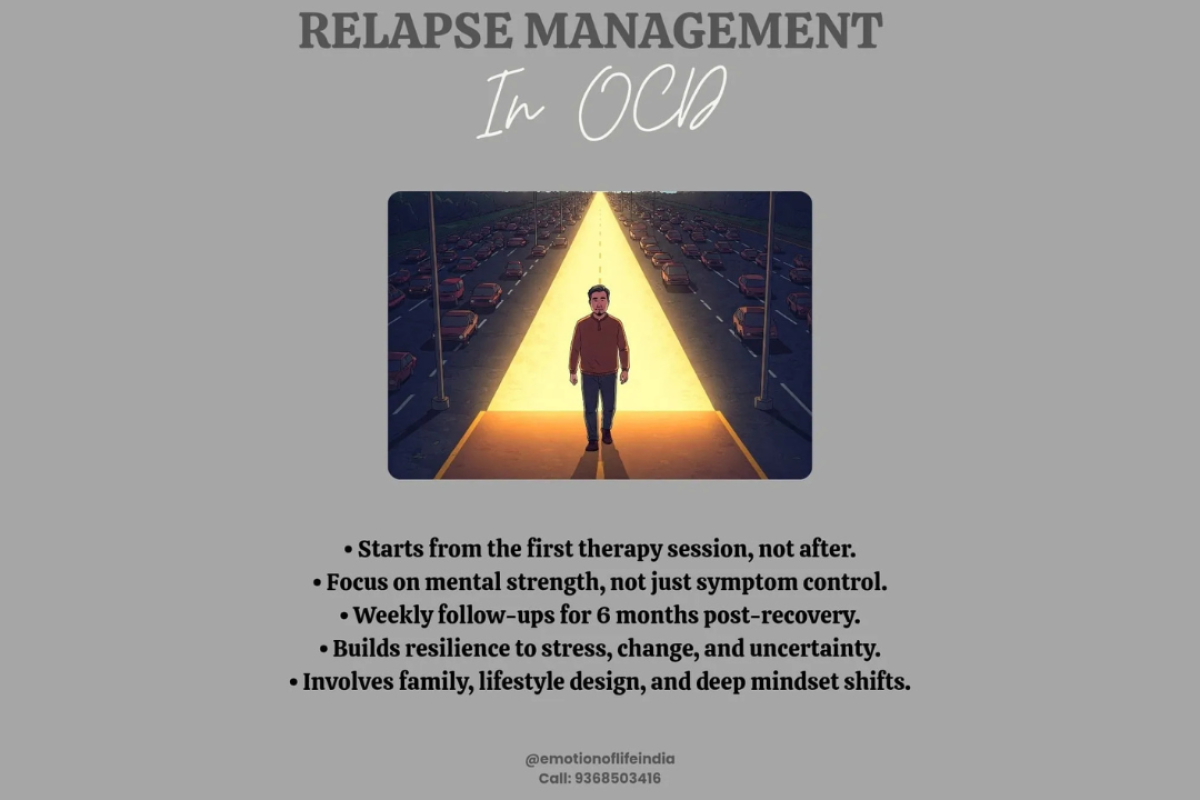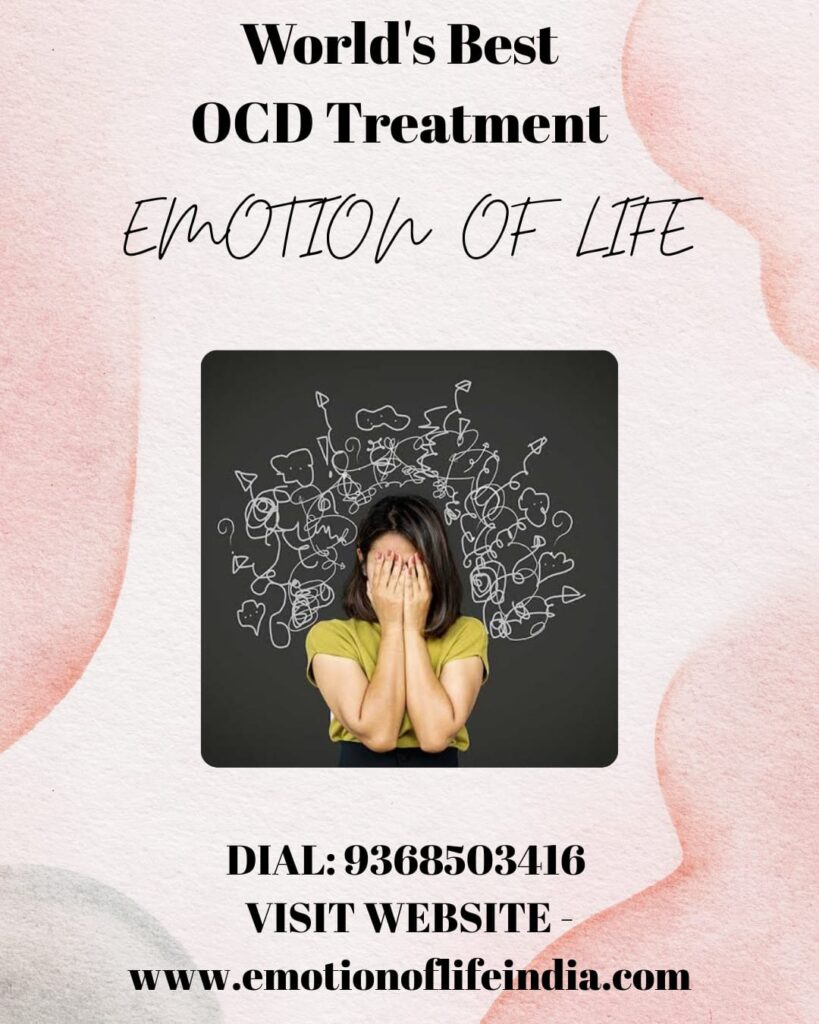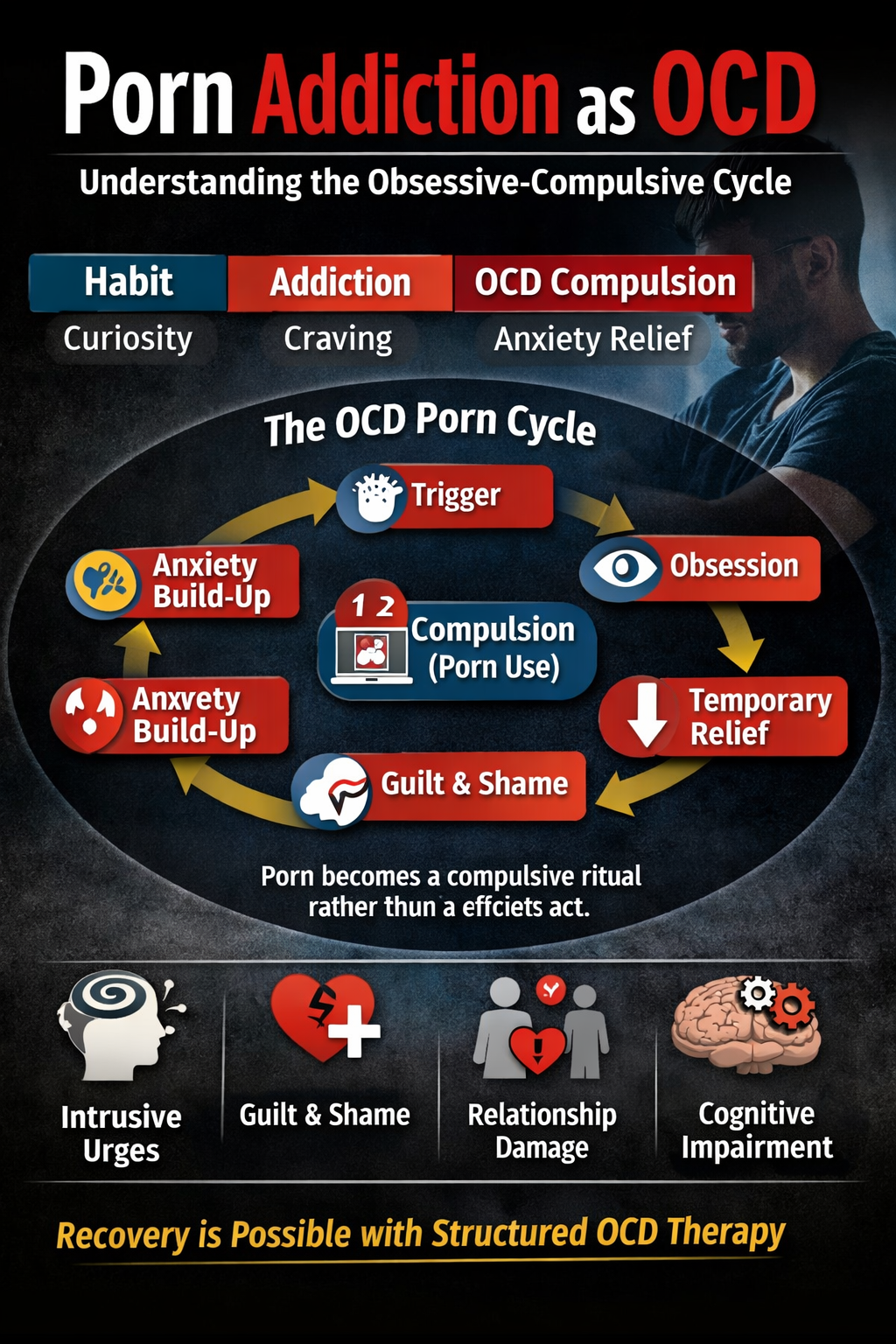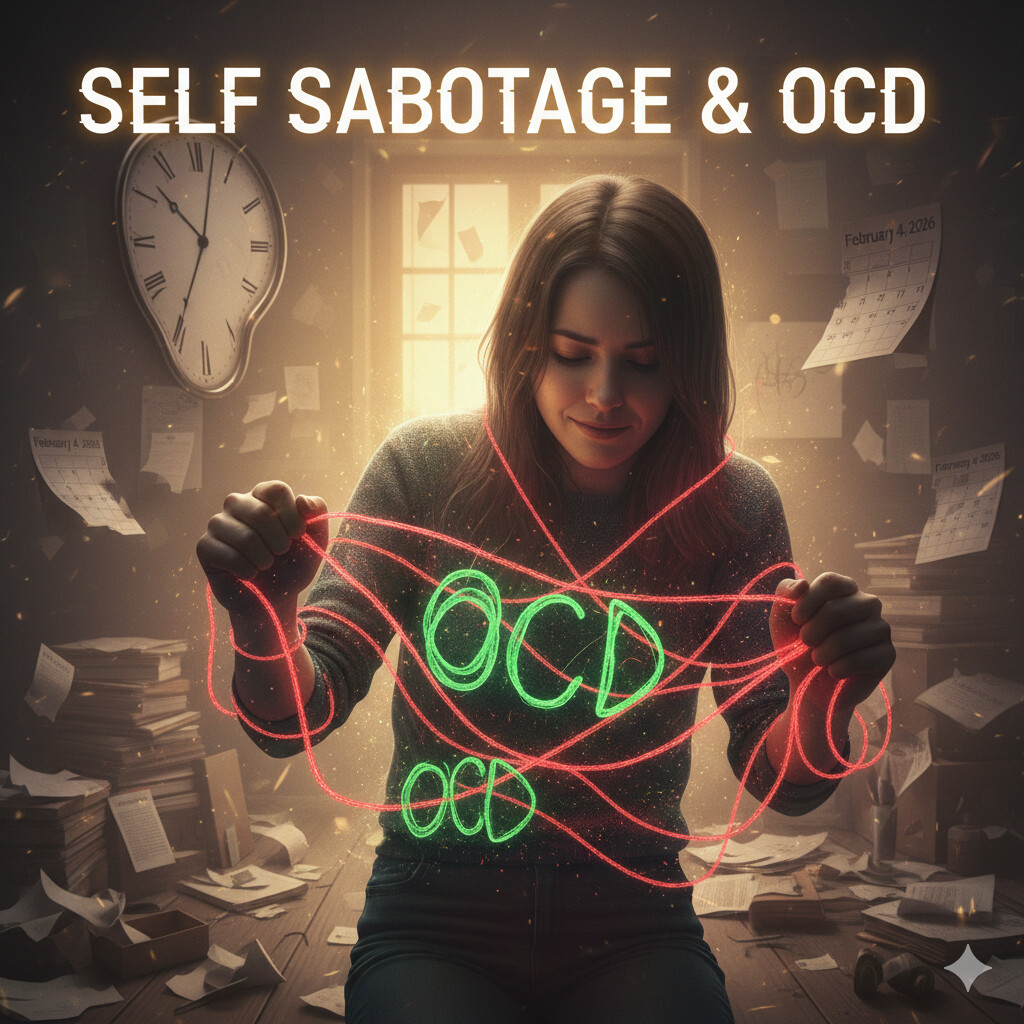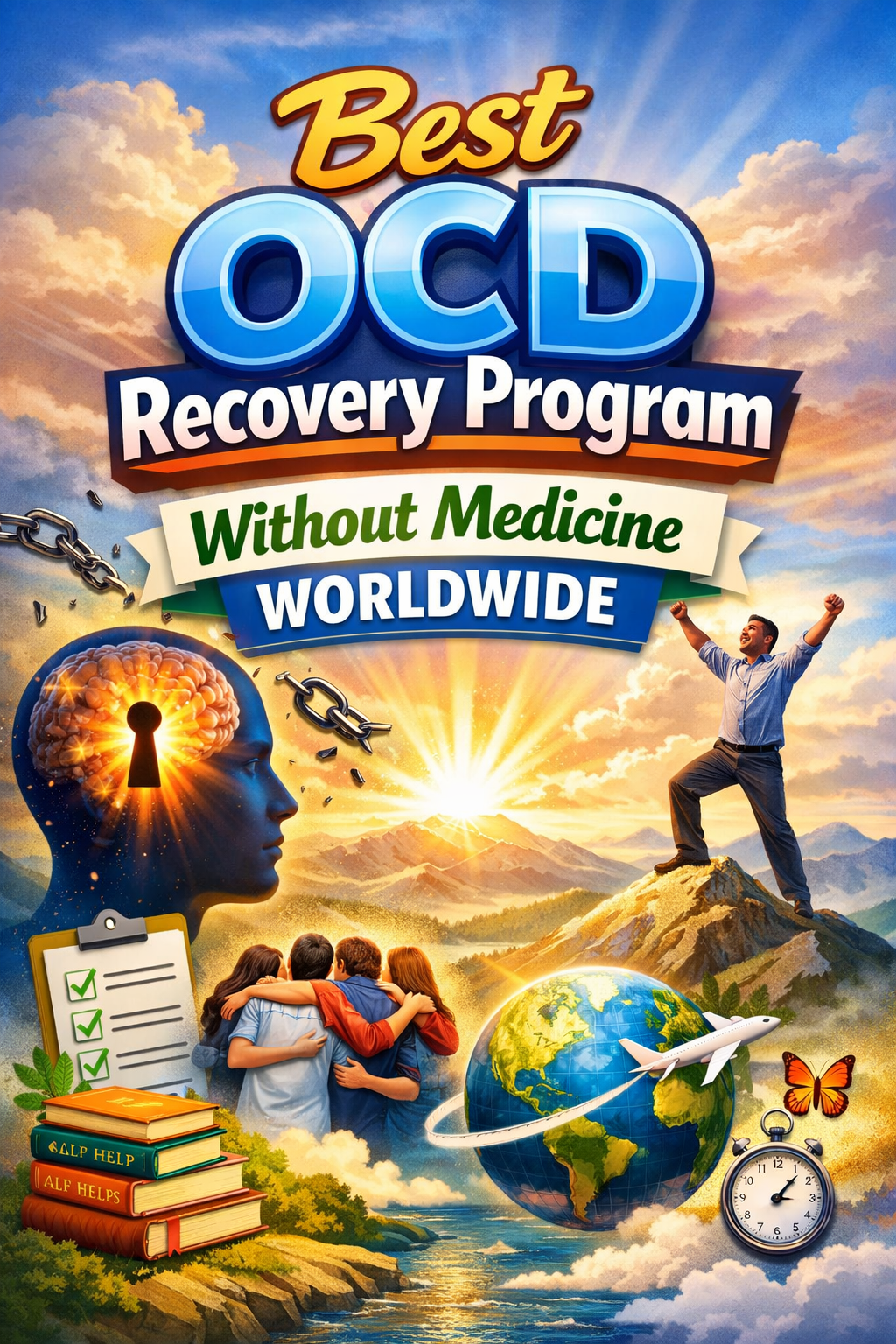What Is Relapse in OCD?
Relapse in Obsessive-Compulsive Disorder (OCD) occurs when a person returns to a previous state of distress, marked by the reappearance of obsessive thoughts and compulsive behaviors after a period of improvement or recovery. This typically happens after therapy has ended or when ongoing support is reduced. Relapse is not a failure—it’s an indication that deeper emotional, cognitive, or behavioral layers still need attention.
What Is OCD Recovery?
OCD recovery is the stage where a person no longer experiences disruptive obsessions or compulsions and has regained control over their thoughts, emotions, and behavior. At Emotion of Life, recovery is defined as not just the absence of symptoms but the presence of mental flexibility, emotional stability, and the ability to live with uncertainty without resorting to compulsions.
Recovery includes:
- Complete resolution of OCD symptoms
- A 4-week maintenance phase with no recurrence
- Continued weekly follow-ups for 6 months to consolidate emotional stability and resilience
What Is Relapse Management in OCD?
Relapse management in OCD is not just about preventing setbacks—it’s about building lasting emotional and psychological strength. At Emotion of Life, we understand that real recovery means reshaping how a person thinks, feels, and responds to life. That’s why relapse management begins during therapy itself, not after. We prepare clients with the skills and mindset to remain well long-term.
Definition of Relapse Management
Relapse management in OCD is a structured process of maintaining recovery by reinforcing thought patterns, emotional regulation, and behavioral habits that prevent symptom recurrence. It includes:
- Recognizing and addressing early warning signs
- Building tools for stress, uncertainty, and emotional control
- Maintaining supportive habits and mental routines
- Receiving ongoing therapeutic guidance and follow-up
At Emotion of Life, relapse prevention is not an afterthought—it’s a natural extension of the recovery process, built into every stage of treatment.
Why Is Relapse Management Important?
Many people improve with therapy, only to relapse later because the deeper causes of OCD were left unaddressed. OCD often resurfaces under stress, major life transitions, or when healthy routines are disrupted. Without proactive relapse management, recovery may not last.
At Emotion of Life, relapse prevention is a key part of therapy. It helps clients:
- Maintain emotional stability
- Develop cognitive flexibility
- Face challenges without falling back into compulsions
- Build a sustainable recovery lifestyle
When Does Relapse Management Begin at Emotion of Life?
Unlike most approaches, Emotion of Life begins relapse management from the very first sessions. As we reduce symptoms, we also strengthen resilience and self-regulation. Rather than reacting to relapse later, we train clients to prevent it from the start.
We do this by:
- Teaching emotional regulation and mindfulness early in therapy
- Introducing flexibility exercises during exposure work
- Addressing personality traits such as over-control and perfectionism
This proactive design ensures that relapse becomes less likely—and easier to manage if it ever occurs.
What Does Emotion of Life Do in OCD Relapse Management?
At Emotion of Life, relapse management is seamlessly integrated into our recovery system. Here’s how we help clients sustain their progress:
1. Structured Weekly Follow-Ups (Post-Recovery Phase)
Once recovery is achieved, clients continue with six months of focused follow-up sessions to:
- Monitor early signs of relapse
- Reinforce rational thought and adaptive behavior
- Apply recovery tools to real-life situations
2. Ongoing Exposure and Real-Life Practice
Even after recovery, clients are encouraged to face triggers in controlled ways to strengthen resilience and prevent avoidance patterns from returning.
3. Cognitive Restructuring and Personality Development
Lasting recovery comes from transforming personality traits like perfectionism, over-responsibility, and hyper-vigilance into balanced self-awareness and emotional intelligence.
4. Family Engagement
Families are included in the relapse management process to ensure they know how to support progress without enabling rituals. They are also trained to recognize early signs of distress and respond calmly.
5. Lifestyle and Environment Stabilization
We help clients design routines that reduce stress, promote balance, and sustain long-term mental stability. Consistent structure is one of the most effective forms of relapse prevention.
Through this layered support, Emotion of Life ensures relapse becomes a rare and manageable event—not a setback.
Why Relapse May Happen in OCD
Understanding what causes relapse is key to preventing it. Common triggers include:
- Incomplete treatment: Ending therapy too soon or focusing only on surface symptoms.
- Low tolerance to stress: Difficulty managing uncertainty or emotional discomfort.
- Unresolved personality traits: Rigid thinking, over-control, or excessive responsibility.
- Insufficient exposure work: Avoiding or resisting ERP tasks that are essential for recovery.
- Sudden life changes: Major events disrupting emotional balance or routines.
- Lack of ongoing support: Missing follow-ups or neglecting learned tools and practices.
At Emotion of Life, these areas are addressed systematically to ensure recovery remains strong and self-sustaining.
Conclusion: Relapse Is Preventable—with the Right Plan
Recovery from OCD is not just about symptom removal—it’s a lifelong transformation in how you think, feel, and act. Relapse management ensures this transformation endures. With early planning, structured follow-ups, and personality development, clients can sustain recovery naturally.
At Emotion of Life, guided by OCD Therapist Shyam Gupta, we help clients build lasting resilience and self-mastery. When clients complete therapy, embrace exposure, and develop emotional strength, relapse doesn’t just become rare—it becomes nearly impossible.


